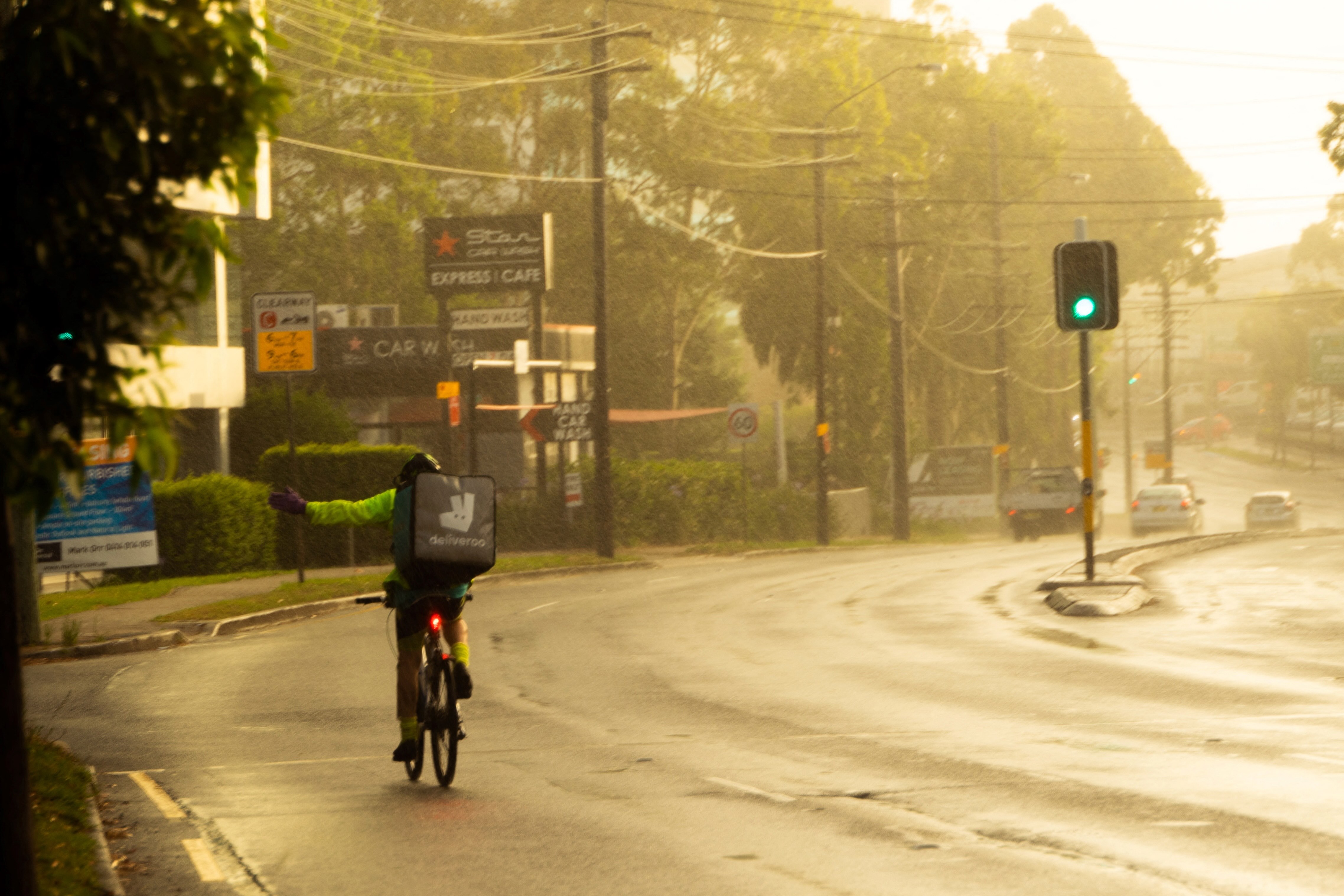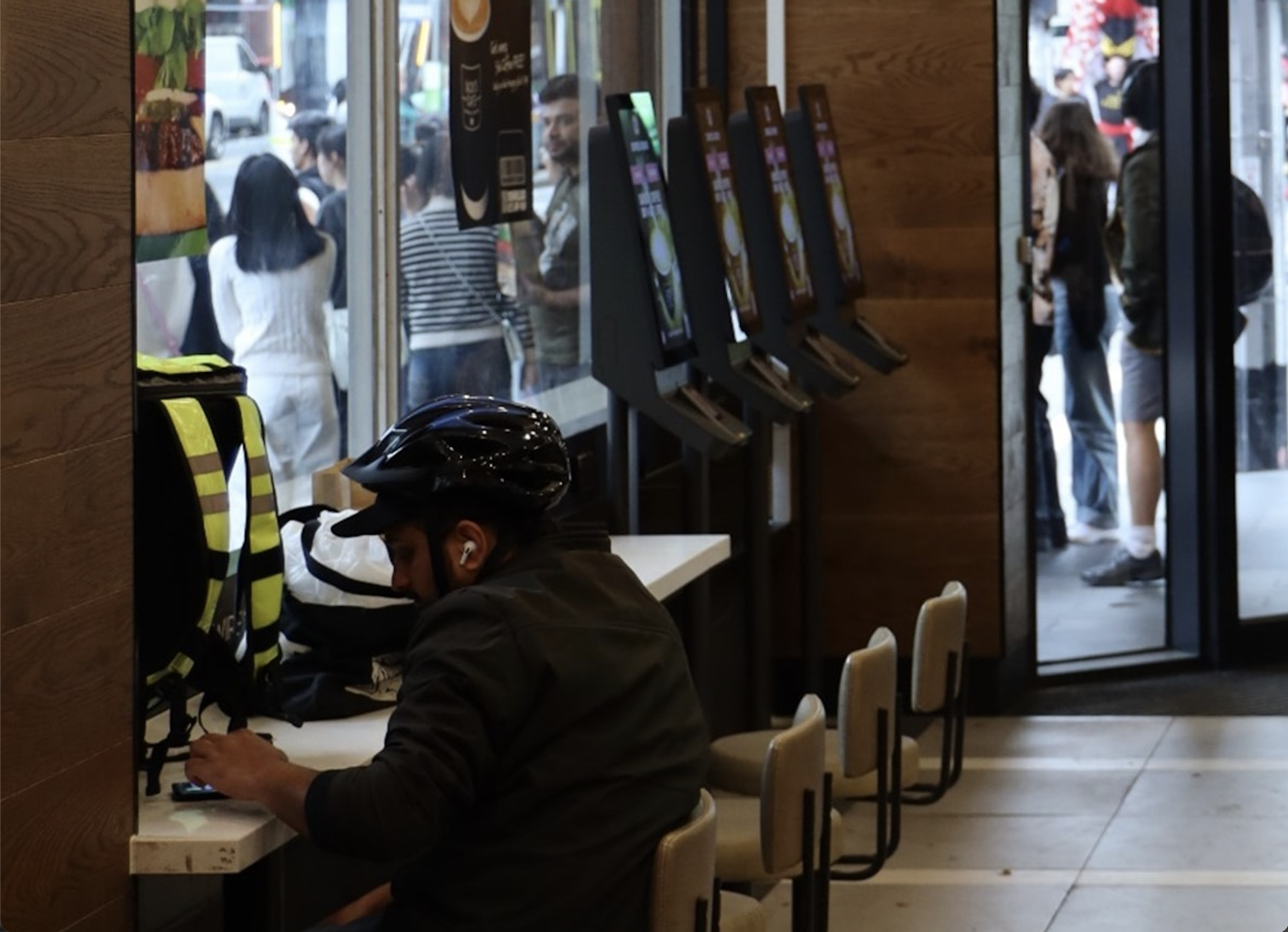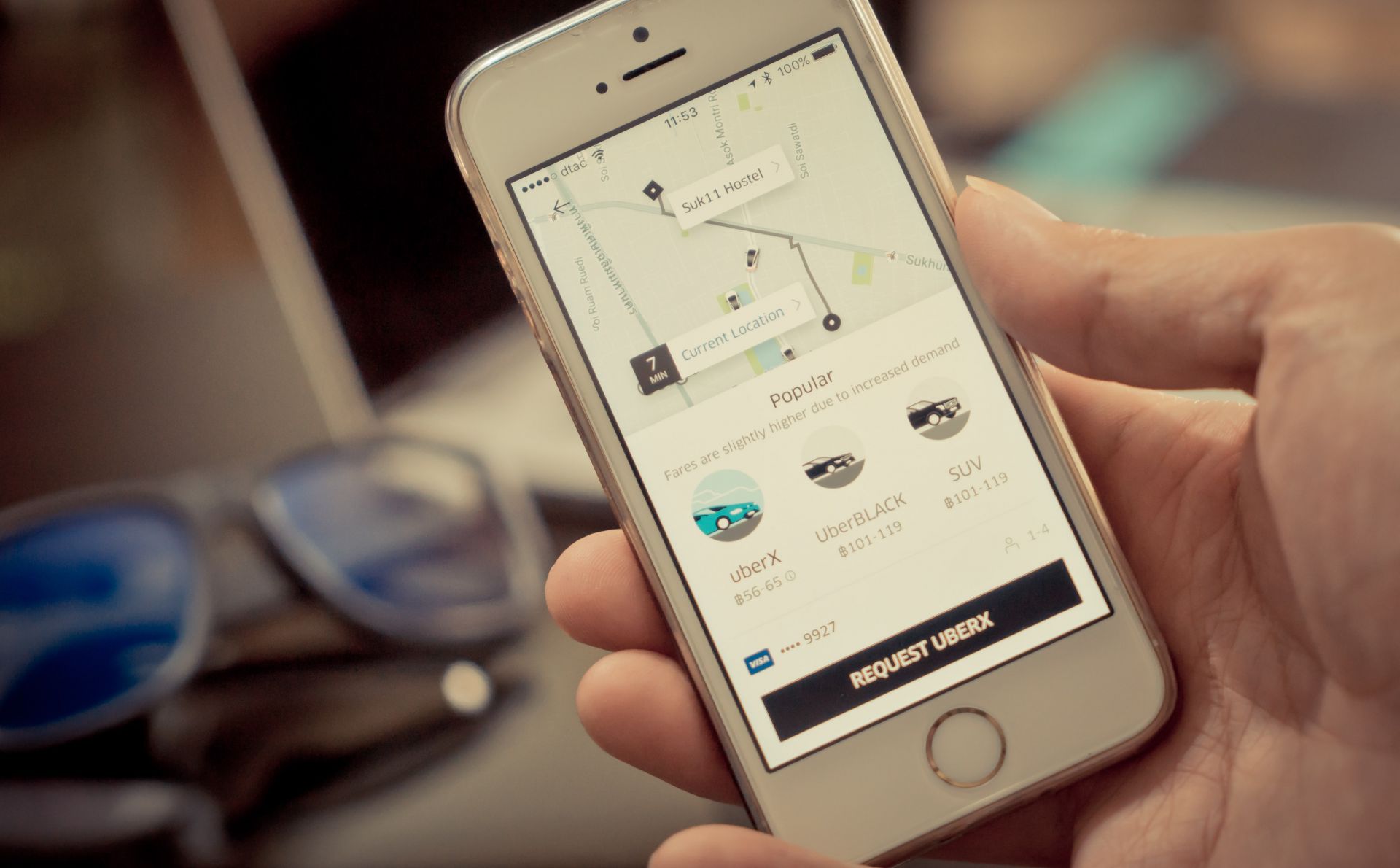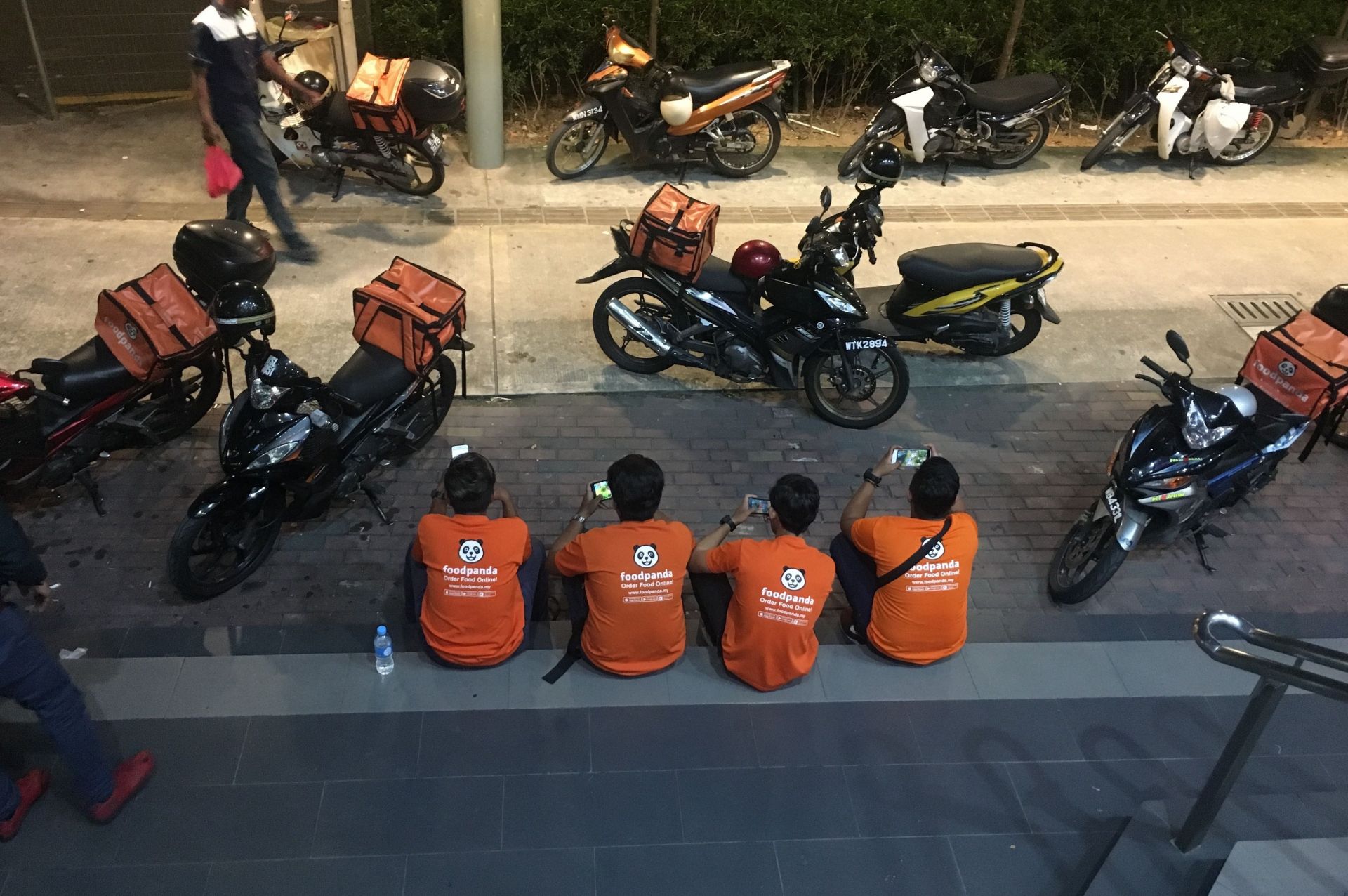
Business & Economics
Challenging discrimination in the gig economy

Every employee needs toilets and break facilities, but gig companies don’t provide these, leaving workers dependent on public amenities, creating a burden for them and the urban infrastructure
Published 27 May 2025
The gig economy is rapidly reshaping urban life. The way we shop, eat and travel has been transformed by apps and the workforce behind them.
Yet digital labour platforms do not provide their employees with adequate support. Instead, they have to find basic provisions like toilets and break facilities entirely independently.

At a global level, the total number of people working in the gig economy is relatively unknown, but may be as many as 435 million people when online gig workers (or cloud workers) like social media chat moderators and data entry workers are included.
But according to ABC News, almost 250,000 people work in Australia’s gig economy.
Home to an even larger gig economy is Bangladesh, reported as the second-largest online outsourcing destination. The Southern Asian city has around 800,000 people working in the gig economy, including 300,000 location-based workers and approximately 500,000 cloud workers.
Despite gig workers’ contribution to economic development in Australia and Bangladesh, they are classified as independent workers rather than employees.

Business & Economics
Challenging discrimination in the gig economy
This classification allows platform companies to avoid providing their workers with essential amenities like parking, drinking water, toilets and phone or e-bike battery charging, each of which is vital to rideshare and delivery work.
Even though the provision of public amenities should vary greatly between Dhaka and Melbourne due to geographical location and economic differences, our research shows that the experiences of gig workers in Australia and Bangladesh are not so different.
From ride-sharing giants like Uber and Pathao to food delivery services like DoorDash and Menulog, although these gig platforms depend heavily on urban infrastructure to function, they take little responsibility in ensuring workers can access the resources they need.
This has led to a phenomenon we call ‘parasitic platform urbanism’.
Similar to how parasites benefit from their host, digital labour platforms profit from cities’ existing public services without acknowledging this reliance or contributing to their maintenance.

The consequences are visible on the streets. When we asked Melbourne-based delivery riders about the kinds of amenities they would like greater access to, many emphasised toilets.
“Toilets are most important and there should be more of them around. They have toilets in parks, but they’re all locked,” says Chitapanya, a 25-year-old Melbourne-based food delivery rider.
The responses we collected suggest that public amenities are insufficient, especially for riders who work at night.
Similarly, Uber drivers in Dhaka, Bangladesh pointed out how the lack of public toilets negatively impacted their health:
“I do not drink enough water when I drive. As there are not many public toilets and public parking available in Dhaka city, it’s hard to find a toilet. Also, we can’t go to toilet if we have a customer. But it has impacted my health now. I have diabetes now,” says Riad, an Uber driver in Dhaka.

Dhaka Uber drivers often face police harassment due to a lack of designated parking. In Melbourne, food delivery riders struggle to find safe places to rest or charge their phones and e-bikes, especially at night.
Though fast food restaurant chains offer some respite, delivery riders feel unwelcome. Drevan, a food delivery rider in Melbourne, highlighted the value of having somewhere to exchange information.
“It would be nice to have a space to discuss where it is busy, and any incidents that have occurred, with other delivery drivers.”
Respondents expressed a desire for a space to share advice and socialise, illustrating the potential of any dedicated rider amenity to also act as a social space. These daily hurdles experienced by gig workers expose a growing gap in urban planning, revealing that cities have yet to adapt to the demands of the gig workforce.

Business & Economics
5 challenges that will make or break the gig economy
Our research calls for greater accountability from platform companies, urging them to share the responsibility for maintaining urban infrastructure.
While local governments typically manage public resources like parking and sanitation, we also suggest that digital platforms should contribute financially to infrastructure development that directly supports their workers.
While some city officials in Melbourne have shown interest in addressing the parking needs of rideshare and delivery drivers, no such interest has been shown by officials in Dhaka.
In both contexts, policymakers must recognise the increasing role of gig workers in the urban economy and act accordingly.

One potential solution is extending occupational health and safety laws to cover gig workers.
For example, regulations ensuring employees have access to clean drinking water should also apply to delivery riders and rideshare drivers. Another approach would involve expanding public amenities like bike lanes, accessible rest areas and additional public toilets with extended hours.
Unless governments and unions hold platforms accountable, the lack of access to essential amenities will continue to burden workers. While cities struggle to manage the consequences of a growing gig workforce, a lack of public investment in infrastructure leaves platform workers vulnerable.
By acknowledging these infrastructural needs, cities can move towards a more sustainable and equitable urban future – one where public amenities support gig workers.